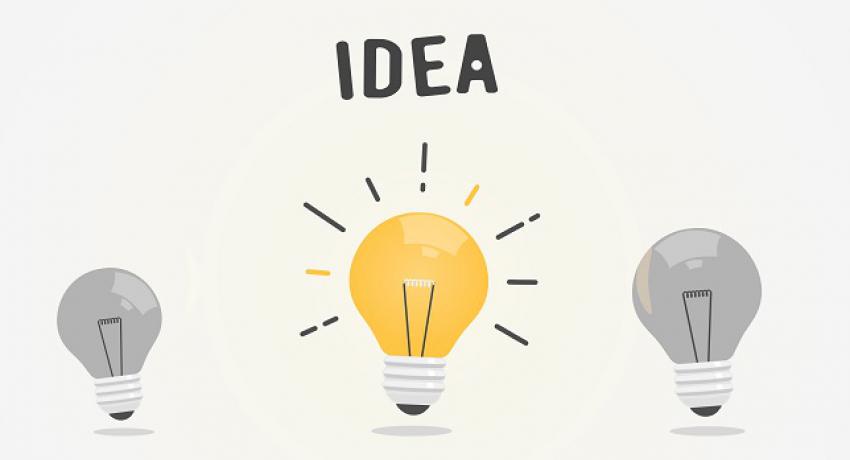Juvenile Rehabilitation (JR) is updating its tool for assessing the needs of young people in DCYF's care. For several years, JR has used an assessment that measures important rehabilitation factors across a young person’s life domains to prioritize counseling goals and linkage to services and resources. These life domains include family, school, work, peer associations, use of free time, behavioral health, attitudes, and skills.
The new tool is called the IDEA (Integrated Developmental Evaluation and Assessment). It is informed by recent research in the field of juvenile rehabilitation. While the IDEA is similar to the current tool in many ways, this change supports some important improvements in how we serve and support young people and their families.
DCYF-JR research and other studies worldwide show that when we address priority needs, help reduce risk factors, and support the growth of protective factors (strengths, skills, and positive connections), chances for young people to succeed in the community go up. Research also shows that to protect from bias and ensure agency effectiveness, it is important to update measures regularly, analyze results, and evaluate our follow-through with programs and services needed by young people, as identified in their assessment.
In addition to updating the tool to be more sensitive to risks of inaccuracies and bias, DCYF is also increasing re-assessment frequency to every 90 days to provide more dynamic information about how a young person is progressing (or struggling), and increase accountability with how we respond to their needs and measure outcomes. These changes also align with work underway to implement significant new behavioral health and reentry resources funded by the Legislature. We need a tool that provides “state-of-the-art” guidance to ensure we are good stewards of these resources in the service of our mission to help young people thrive in the community as they transition to adulthood.

